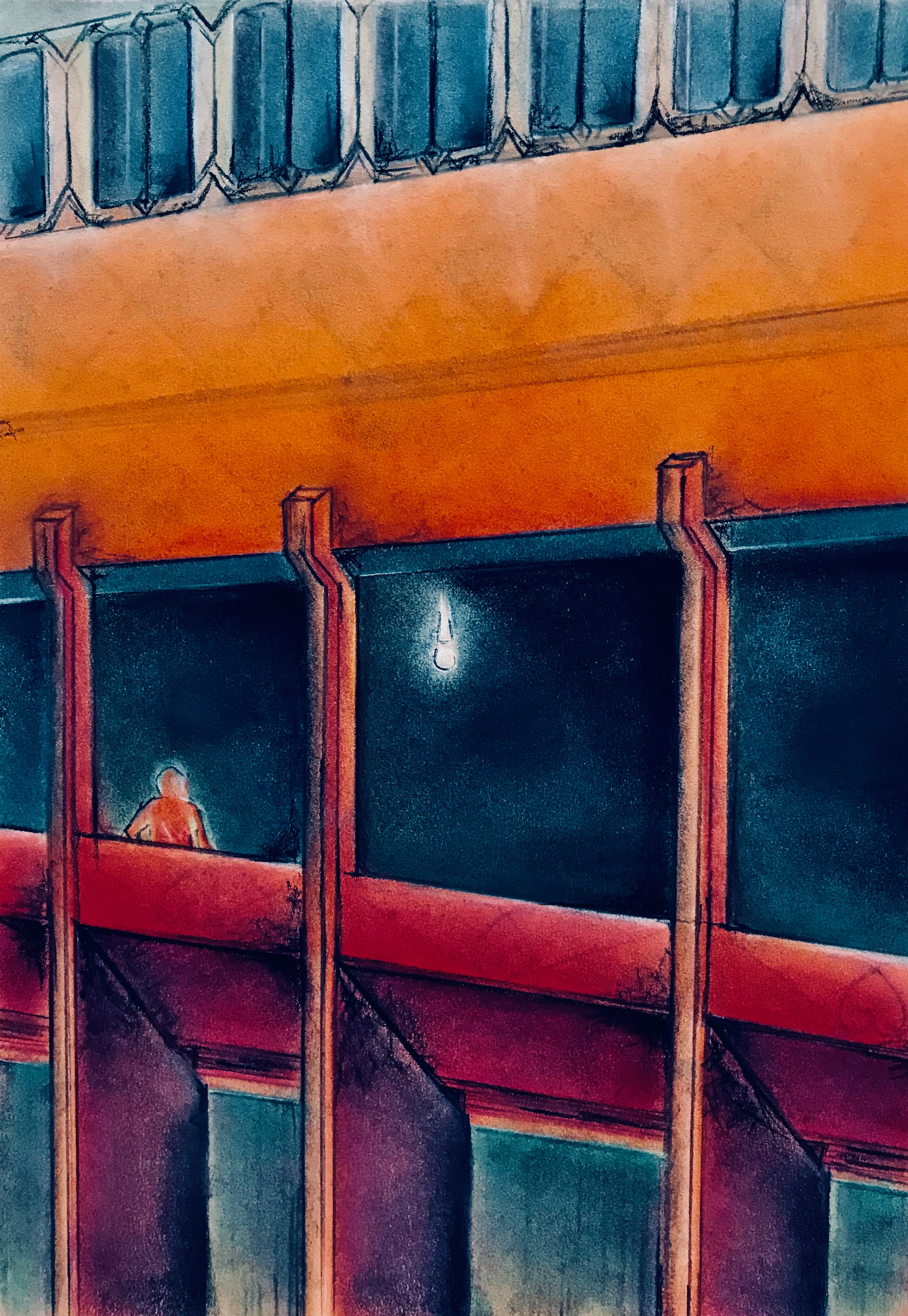Scoping
Our true struggle
From the Havana lectures
“Everything that has black tones has duende.” And there is no truth greater. These black tones are mystery itself whose roots are held fast in the mulch we all know and ignore, but whence we arrive at all that is substantial in art. Black tones, said the popular man from Spain and the contemporary of Goethe, are a “mysterious power which everyone feels but which no philosopher can explain.”
So then, the duende is a power and not a method, a struggle and not a thought. I have heard an old guitar teacher say that “the duende rises inside from the very soles of one’s feet.” That is to say, it is not a question of ability or aptitude but a matter of possessing an authentic living style, that is to say of blood, culture most ancient, of creation in act.
Federico Garcia Lorca
Scoping involves scanning one’s environment for the rational and non-rational, dealing with the opportunities and challenges, and using available resources to anticipate important changes.
“Change, speed, uncertainty, disruption, surprise — all are constants in today’s business environment. As a result, leaders who devise strategy can no longer simply plan for what they believe will happen in the long term. Instead, to prepare themselves for the threats and opportunities that can emerge at any moment from any direction, they need to adopt much broader view. This means that leaders who want to take the broad view need to think differently in three important ways — by focusing on systems not sectors, scenarios not forecasts, and playbooks not plans.”
Our situational awareness provides us with the capacity for Scoping Initiatives.
The agility with which leaders can carry out tasks associated with scoping initiatives depends on their situational awareness. The equivalent of a zoom lens, it is the act of stepping back from an issue, viewing it in the larger context and then zooming in on it, keeping this broader perspective in mind. This capacity comes from becoming aware of the mechanisms through which both individual and social lives are shaped - unconscious elements and primitive forms of relating. As leaders develop this capacity, they gain an increased appreciation of the impact of their initiatives on the larger social context and external environment.
Awareness of the ways we cooperate and collude aids in expanding our situational awareness.
Dyads, groups and organisations often do two things at once — they cooperate to pursue their work and collude to protect themselves from anxiety. Thus two layers of functioning operate in parallel, and often in conflict: the work group and the basic assumption group. In a work group, members organise and operate in accordance to the task that the group is set up to accomplish, say, testing a new offering in the marketplace, manufacturing a product, or drafting a new strategy. However, when that work is challenging, members experience disturbing feelings about the work itself or about each other. Because people are rarely dispassionate about the work they do, keeping anxious feelings out of awareness, then, becomes the group’s business too. This unconscious pursuit, leading to sustaining beliefs and courses of action that hinder the group’s real work, continues in a basic assumption group.
Working with tensions between rational and non-rational behaviors, enables us to remain curious about reality.
Group structures and members' behaviours are rational when oriented towards dealing with opportunities and challenges in the environment, and using available resources. Conversely, organising and mobilising of one of three basic assumptions: dependency, fight/flight, and pairing makes behaviour non-rational. Each assumption here serves as a cognitive filter, simplifying a complex reality, and as an emotional buffer, reassuring the group and shoring up self-esteem through withdrawal into a seemingly secure inner space. Since that safety is illusory and endangers the group in the long run, curiosity, instead of defensiveness in the face of anxiety, is the ultimate mark of mental wellbeing and work group functioning.
